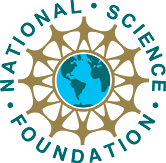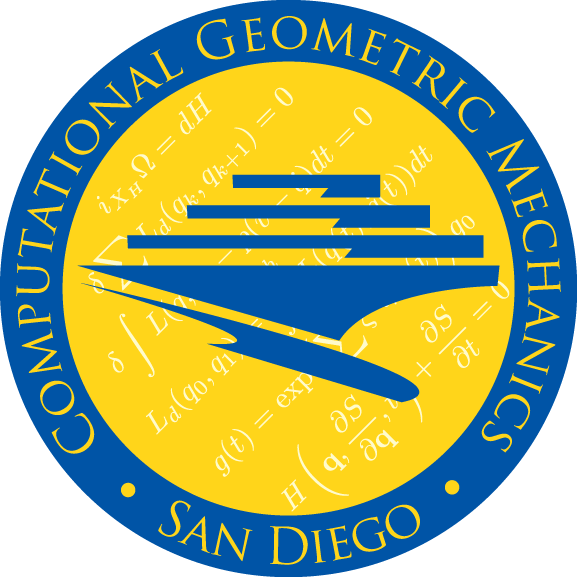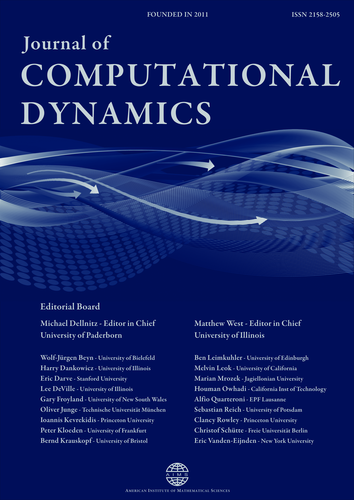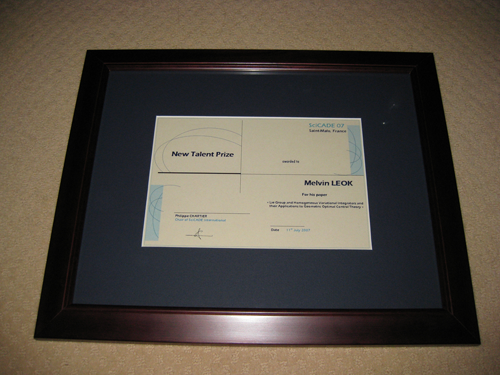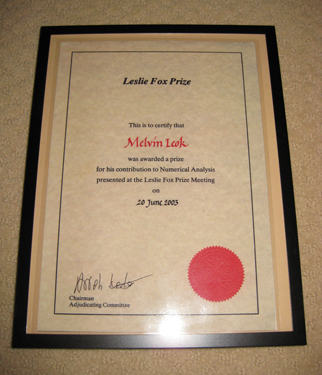Monograph published in the
Interaction of Mechanics and Mathematics series (Springer)
Together with N.
Harris McClamroch (Michigan) and Taeyoung Lee (George
Washington), we have written a monograph entitled, "Global Formulations of
Lagrangian and Hamiltonian Dynamics on Manifolds," which has been
published by Springer in the Interaction of
Mechanics and Mathematics series.
[ Publisher's Website | Description | Cover | Front Matter | Sample Chapter | Amazon ]
Review: "This well-written and expansive book is
ambitious in its scope in that it aims at sound and thorough pedagogy as
far as its subject matter is concerned, and it also aims at preparing the
reader for computational work: note the subtitle, viz., “A geometric
approach to modeling and analysis.” In that sense it is a particularly
timely book, seeing that we have computing power at our disposal like
never before. There are many good examples accompanying or even guiding
the text, as well as extensive problem sets for the properly serious
student. This book hits its targets square and should prove very valuable
to its readership, be they mathematicians, engineers, or physicists."
Michael Berg, MAA
Reviews, November 2017.
Review: "The starting point of this
impressive textbook is the important fact that there are remarkable
situations where the variables that describe a dynamical system do
not lie in a vector space (i.e., a simple flat algebraic structure)
but rather lie in a geometrical setting allowing the differential
calculus, namely a differential manifold. ... In conclusion, this
book is extremely useful for each reader who wishes to develop a
modern knowledge of analytical mechanics."
Mircea
Crâşmăreanu,
zbMATH 1381.70005,
2018.
Review: "This book presents a monograph on
foundational geometric principles of Lagrangian and Hamiltonian dynamics
and their application in studying important physical systems. ... The
emphasis in this book is on global descriptions of Lagrangian and Hamiltonian dynamics, where suitable
mathematical tools are available, via global analysis of dynamical
properties. This treatment is novel and unique and it is the most
important distinction and contribution of this text to the existing
literature. Throughout the book numerous examples of Lagrangian and
Hamiltonian systems are included, which are especially useful to
illustrate the concepts and the way in which the developed theory can be
applied in practical situations. ... The book under review succeeds in all
its objectives and sets the stage for a treatment of computational issues
associated with Lagrangian and Hamiltonian dynamics that evolve on a
configuration manifold. It is very clearly written and it will be
especially useful both for beginning researchers and for graduate students
in applied mathematics, physics, or engineering.
M. Eugenia Rosado María, AMS
Mathematical Reviews, 2018.




